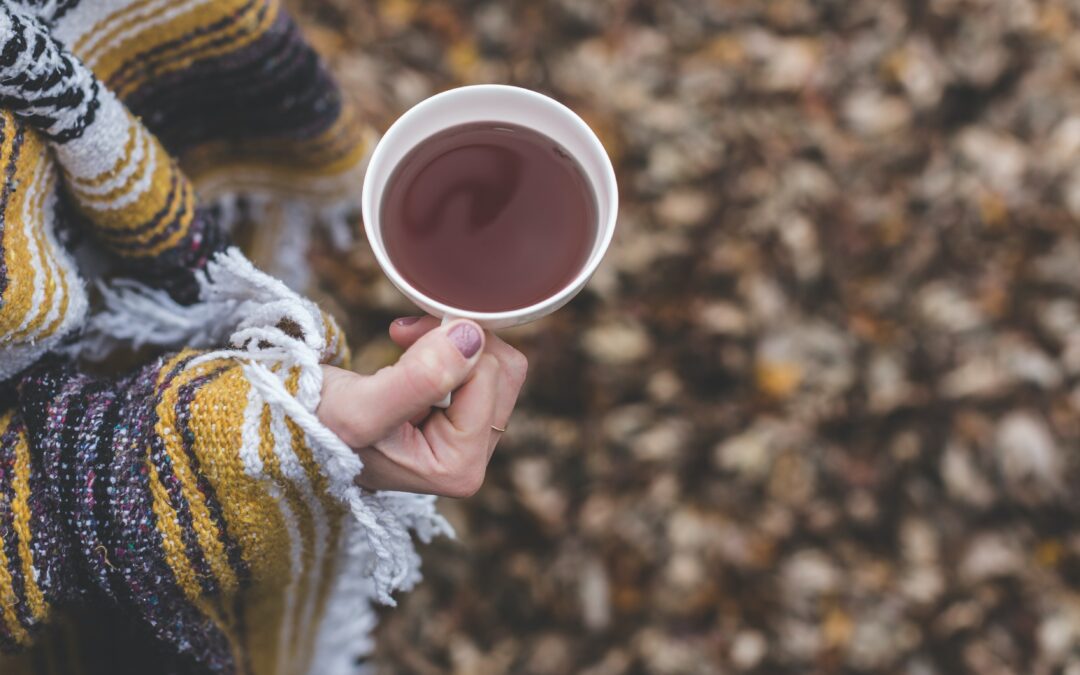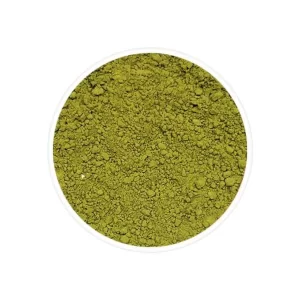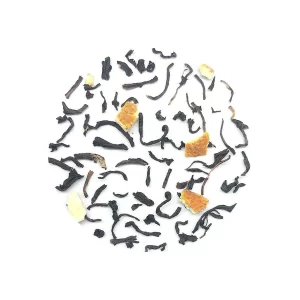Assam Tea
Assam tea gets its name from the area of northeast India, the largest tea-growing region in the world. It is robust, tart, and malty and has a deep reddish brown hue. Assam tea, often known as English morning or Irish breakfast tea, is a variety of black tea. It takes Camellia Sinensis var. Assamica (Assam tea leaves) to produce this famous black tea.
For tea enthusiasts, this page discusses its universal evolution, including its health advantages.
The tea was naturally grown in the northeastern state of Assam. The Singpho people and numerous other indigenous communities regularly drank this breakfast tea. It had many health advantages and, probably, for its caffeine as early as the 12th century. The British extended their colonial influence into Assam after learning that the Assamese produced a unique tea. They cleared the jungle to make way for those Assam tea plantations.
Starting in the 1830s, European, Assamese, and Indian entrepreneurs started tea plantations. And despite the fact that most Assam tea sold today is mass-produced, has a crush-tear-curl leaf style, and probably tastes better as black milk tea, there are high-grade Assams that are worth looking for. The leaves from the 2nd flush of harvest are the most prized. And a cup from this incredibly productive region is a crucial starting point for any tea journey.
Assam Tea’s Benefits
-
It Improves Cognitive Function
The caffeine and theanine in assam tea are in just the right proportions to enhance cognitive performance. Also, the amino acid theanine helps you focus more clearly and improves your ability to solve problems by calming the mind. Caffeine boosts energy, helping you stay awake and aware while fending off fatigue.
-
Cardiovascular Health
The Assam tea improves endothelial function of blood arteries, heart valves, and other bodily functions. Green or black tea flavonoids, according to a 2010 paper in “Molecular Aspects of Medicine,” inhibit the accumulation of plaque in the arteries. Tea thereby lowers the risk of cardiovascular disease.
-
A Decreased Risk of Parkinson’s Disease
A highly caffeinated beverage like Assam Black reduces the risk of Parkinson’s disease. This disease is dramatically decreased in males who consume 124 to 208 mg of caffeine per day, or roughly two to four cups of Assam tea. Further, higher caffeine intakes resulted in an even bigger reduction in risk. According to MedlinePlus, one to four cups of tea per day appeared to provide the highest risk-reduction benefits for women.
-
Immune Function Support
The immune system may benefit from drinking some Assam tea. Antioxidants included in black tea are good for one’s general health. According to studies, Darjeeling tea has lower antioxidant activity than Assam loose leaf black tea. The largest concentrations of calcium, iron, magnesium, and copper are also found there. Thus, loose-leaf Assam tea may be a much better option than tea in tea bags in order to reap the full advantages of black tea.
Final Words
If you’re considering trying Assam tea, get a high-quality product for the ultimate experience. Choose from a good company after selecting a particular Assam tea variety. Each kind has a delicious flavor and will make your body stronger.
Assam tea generally denotes the distinctive black (red tea) from the region. Yet, the region produces smaller quantities of green and white teas as well.



